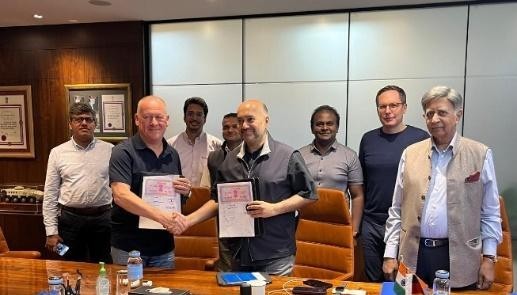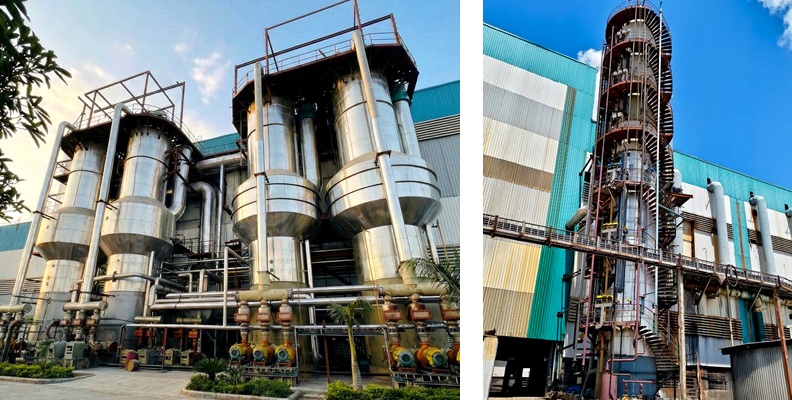Schedule a Call Back
Indian industries are realising the importance of automation
 Interviews
Interviews- Apr 01,18

Related Stories
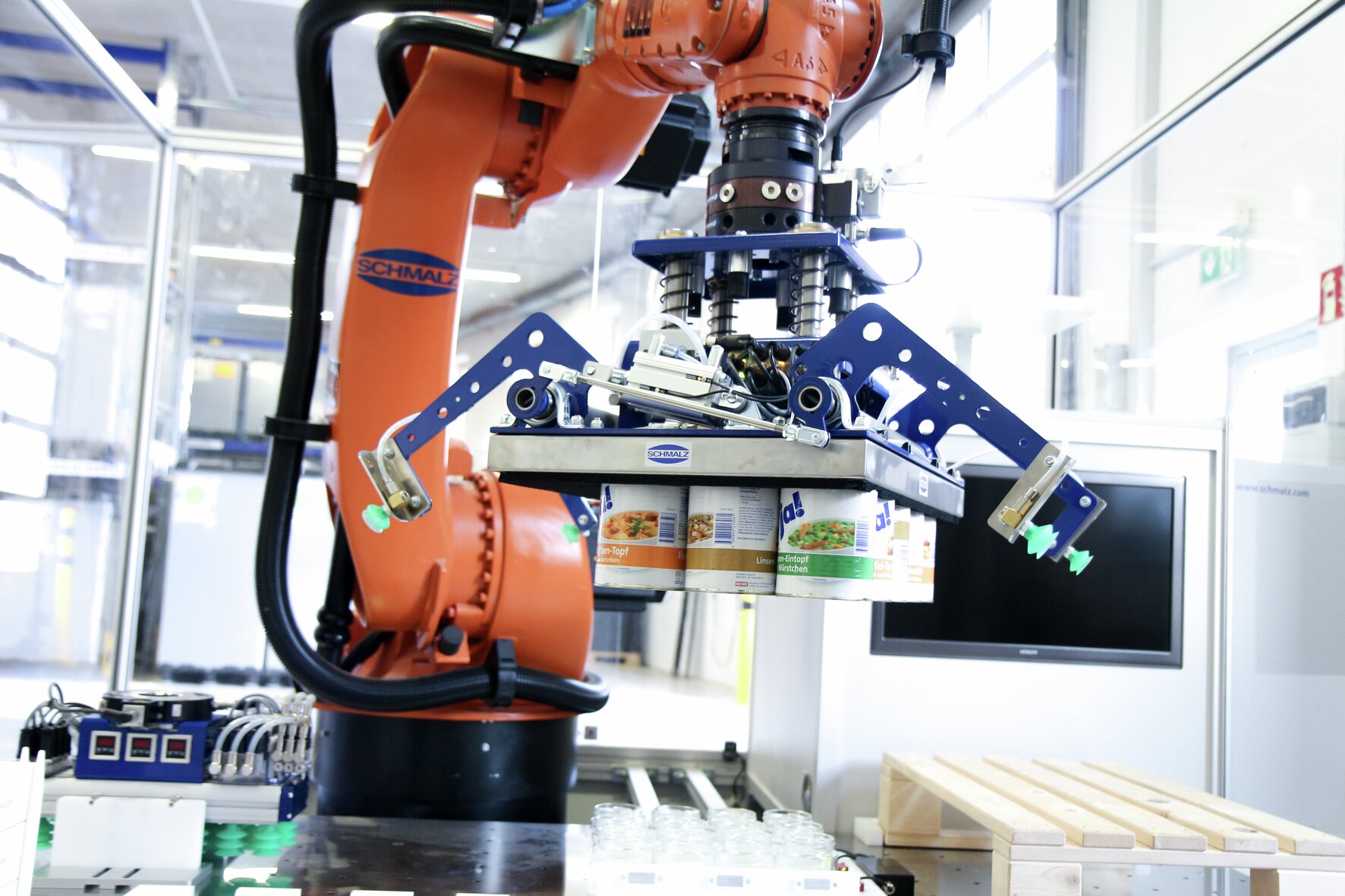
Driving Efficiency: Schmalz Gripping Systems for India's Manufacturing Future
As the market demands speed, agility, and reliability, Schmalz gripping systems are enabling the next generation automation of Indian manufacturing sector.
Read more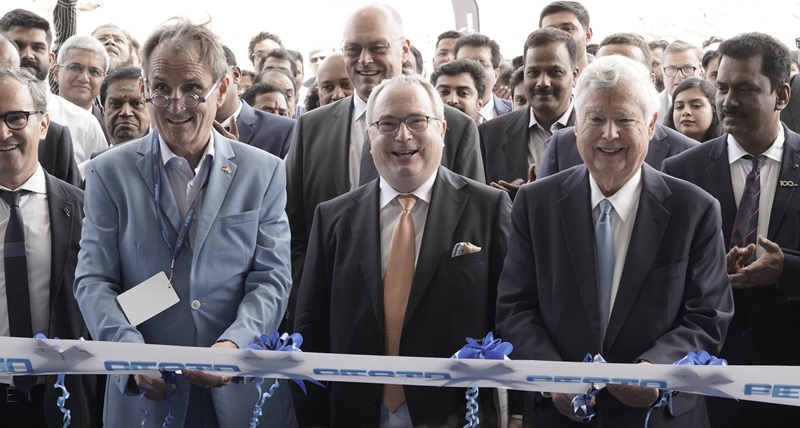
Germany's Festo opens Rs 5 bn facility in Hosur, reinforces India commitment
The manufacturing facility, which will concentrate on the production of advanced pneumatic automation components, aims to cater to both domestic and global markets by delivering high-precision autom..
Read more
India takes a leap in energy transition with innovations at Elecrama 2025
With over 1,100 exhibitors and presence of leading international players, Elecrama 2025 provided a vital platform to witness cutting-edge innovations in the energy sector. The event further reinforc..
Read moreRelated Products
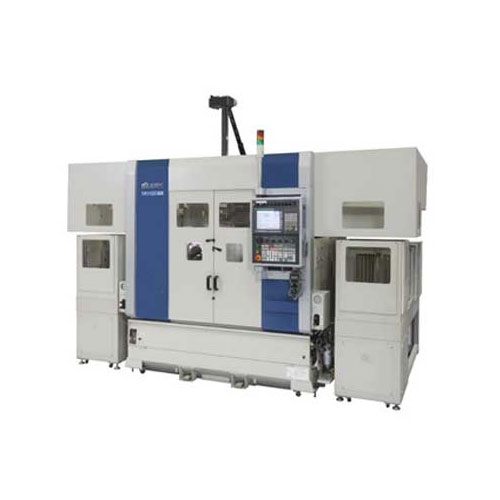
Compact Fmc - Motorum 3048tg With Fs2512
Meiban Engineering Technologies Pvt Ltd offers a wide range of Compact FMC - Motorum 3048TG with FS2512.

Digital Colony Counter
Rising Sun Enterprises supplies digital colony counter.
Robotic Welding SPM
Primo Automation Systems Pvt. Ltd. manufactures, supplies and exports robotic welding SPM.





